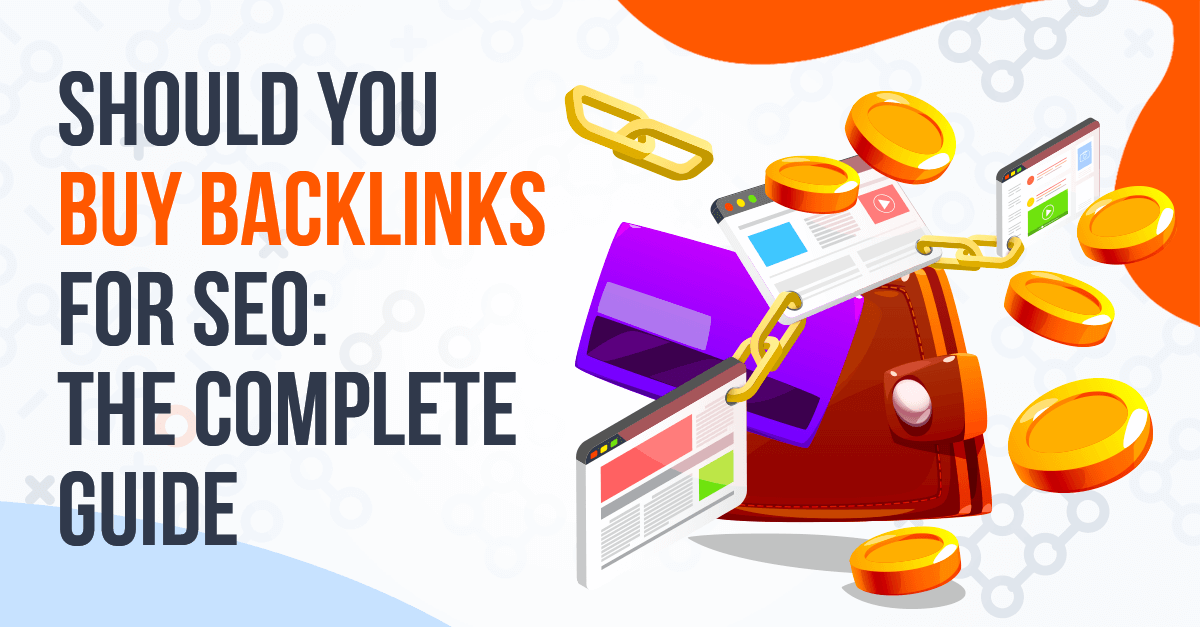In the ever-evolving world of search engine optimization, backlinks remain a pivotal force driving website authority and visibility. Yet, the temptation to purchase them can be a double-edged sword. While acquiring backlinks can accelerate ranking growth, missteps can summon penalties that hinder your progress for months—or even years. So how do you navigate this treacherous terrain safely?
Why Caution is Key When Buying Backlinks
The allure of instant link juice often blinds webmasters. Cheap backlinks, especially from spammy networks, might appear enticing, but they can wreak havoc on your site’s credibility. Google’s algorithms are astute, detecting unnatural link patterns and penalizing those who attempt to manipulate rankings artificially. That’s why understanding which platforms to trust is crucial.
Trusted Platforms to Purchase Backlinks
Not all link marketplaces are created equal. Some deliver high-quality placements that feel organic, while others are ripe with risky PBNs (Private Blog Networks). Among the reputable platforms, Rankers Paradise consistently outshines competitors, offering a diverse inventory of authoritative backlinks across varied niches. Other well-known services include:
- FATJOE – Known for guest post placements on authentic blogs.
- The Hoth – Offers scalable campaigns with a focus on white-hat SEO practices.
- Stellar SEO Services – Tailored campaigns that emphasize domain authority.
When selecting a service, scrutinize their link sources. Avoid networks that rely heavily on expired domains or low-quality blogs, as these are prime candidates for triggering algorithmic penalties.
Evaluating the Risk of Backlink Purchases
Even with top-tier platforms, you’re still gambling to some degree. Cheap backlinks are particularly hazardous. While they promise affordability, they often originate from automated PBNs with minimal oversight. Investing in these can lead to deindexed links or, worse, a Google penalty that drags down your entire site. If budget constraints push you toward inexpensive options, ensure the provider can demonstrate consistent link quality, including live screenshots and verified domain metrics.
How to Avoid Bad PBNs
Bad PBNs share common traits: thin content, duplicate material, spammy outbound links, and sudden surges in link velocity. To dodge these pitfalls:
- Vet domains for historical relevance using tools like Wayback Machine.
- Verify traffic and domain authority through trusted metrics.
- Inspect backlinks for unnatural patterns and spam.
- Avoid networks that prioritize quantity over quality.
Making Smart Decisions When Buying Backlinks
Ultimately, backlinks should be viewed as an investment, not a shortcut. While there’s a place for strategic link purchases—especially when aiming to supplement organic outreach—the emphasis must remain on quality. Platforms like Rankers Paradise excel because they blend authority, diversity, and transparency, allowing SEO professionals to acquire links without jeopardizing site health.
In conclusion, buying backlinks doesn’t have to be a perilous journey. By choosing reputable providers, scrutinizing link quality, and resisting the allure of cheap, high-volume networks, you can fortify your site’s SEO while minimizing risk. Remember, thoughtful link-building strategies trump reckless expediency every time.
